PRESERVING A MILITARY LEGACY FOR FUTURE GENERATIONS
The following Reflections represents LtCol Carl Reynoso’s legacy of his military service from 1975 to 2010. If you are a Veteran, consider preserving a record of your own military service, including your memories and photographs, on Togetherweserved.com (TWS), the leading archive of living military history. The following Service Reflections is an easy-to-complete self-interview, located on your TWS Military Service Page, which enables you to remember key people and events from your military service and the impact they made on your life. Start recording your own Military Memories HERE.
Please describe who or what influenced your decision to join the Marine Corps.

I was a Navy brat growing up in a number of Naval Stations in the Pacific: NAS Agana, Guam; Pearl Harbor NB, Hawaii; and NAS Sangley Point, Philippines. I always thought that I would join the Navy and be like my Dad, who was a Senior Chief (DKCS), but as I grew older, I started noticing that this other service was also on our bases. They wore different uniforms (khaki/trops/sateens) and carried themselves more professionally than Sailors, turns out they were Marines. I was also into reading history books at the time and read more and more about these Marines and determined that I just had to become one of them too. This really pissed off my Dad! Even though I was the son of a career Navy man, the Marine Corps mystique fascinated me. I always knew the Marines were different, better than Sailors. When I told my Dad that I wanted to be a Marine, he laughed and said I lacked the self-discipline it took to be a Marine. “You won’t last in the Marines. YOU? You can’t even hold on to a job, and you’ll get busted!” he often told me. As a teenager, I was wild, on the loose, vandalizing, and stealing (luckily, I was too crafty to be caught, which came in handy later in my career as a Recon Marine). I ditched school to surf and couldn’t hold onto any jobs. My life was spiraling down in an unhealthy direction. I was a long-haired surf bum who hung out at the beach, and although I was an Honors Student, I hated high school, stuff like that. I wasn’t into drugs or anything like that, but it would have only been a matter of time before something like that would have come along.
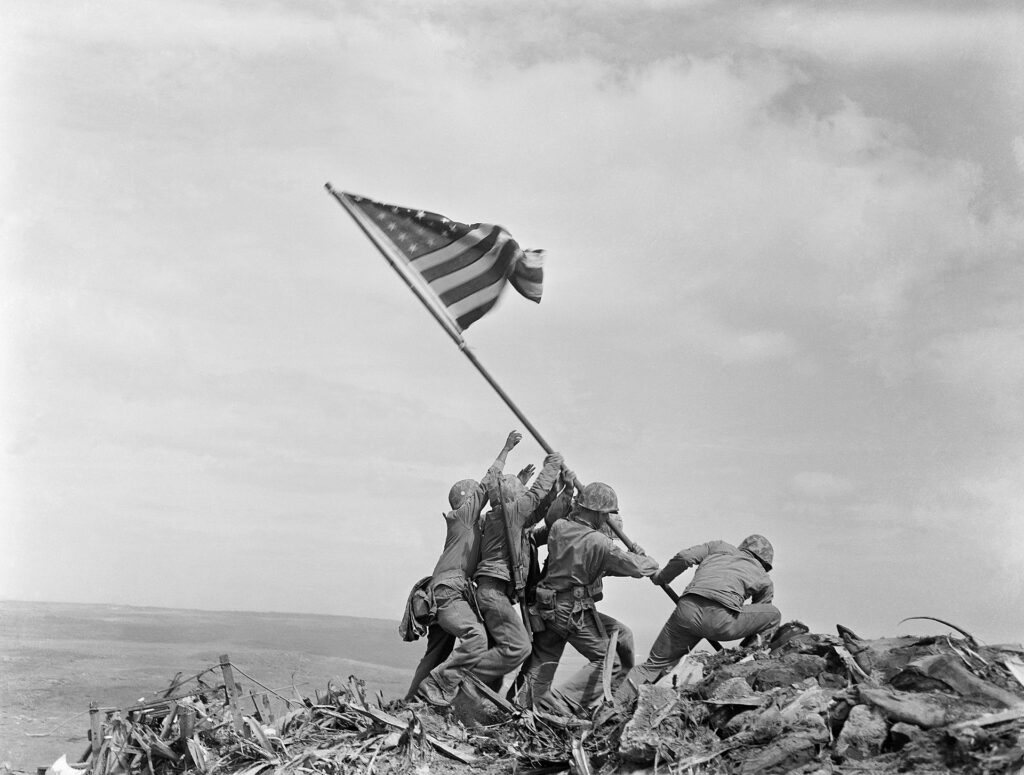
Fortunately, I liked to read and had spent a lot of time reading 20th-century military history. Primarily about the Marines in Korea, Vietnam, and those who landed on Tarawa and Iwo Jima and the other Pacific Islands. I was intrigued by the Corps’ purported fighting spirit, their elan in battle. And that picture of the Flag Raising on Mount Suribachi, every time I looked at it, chills ran up and down my spine, and they still do now. When I saw that photo, I wanted to be one of them, to have, in some way, what they had at that very instance. In the photo, you couldn’t even see their faces, and they were anonymous; it could have been any Marine in any war; all that mattered was the group, not the individuals. It wasn’t because I wanted to be a hero or even to be considered heroic. It had something to do with what the picture embodied, a group of individuals working together as a team for some higher purpose that was more important than themselves. I wanted to be part of that team to become part of a brotherhood that is real and absolute and can be earned only one way: Marine Corps Boot Camp. A daunting challenge where you must first conquer yourself by enduring and surviving recruit training. The Marine Corps is the only experience I know of where you elevate yourself by subjugating yourself, a contradiction. No matter where you come from and no matter what your socio-economic background or circumstances, everyone starts out at the bottom; we are all equally unworthy of the uniform and the title. You turn your life over to the Corps to be torn down, rebuilt, remolded into something better than what you were before. I wanted to be part of that, and I wanted THAT experience. There is something quite noble about the desire to join the Corps because it just isn’t like the other military services. I didn’t sign up for a job, the GI Bill, or an education; I signed up to fight! I essentially put my life on the line when I signed that dotted line. I wanted my military service to be tempered by hardship and struggle, something that is hard earned and well respected. And from everything that I’d read and heard, I knew it wasn’t going to be easy. But I wanted to be a US Marine. I stepped off the bus and onto those infamous Yellow Footprints and became part of Platoon 1018, Series 1017, B Co, 1st Recruit Training Bn, MCRD San Diego. After Receiving Barracks, we were picked up by Staff Sergeant Andre Williams, our Senior Drill Instructor. SSgt Garcia and Sgt Safrit were his Junior DIs. I can still see the menacing SDI glowering at us on that first day. He was a tall, well-built, dark green Marine who looked like Smokey the Bear on that Campaign Cover, quite intimidating and impressive all at the same time. “What have I gotten myself into now?”
Whether you were in the service for several years or as a career, please describe the direction or path you took. What was your reason for leaving?
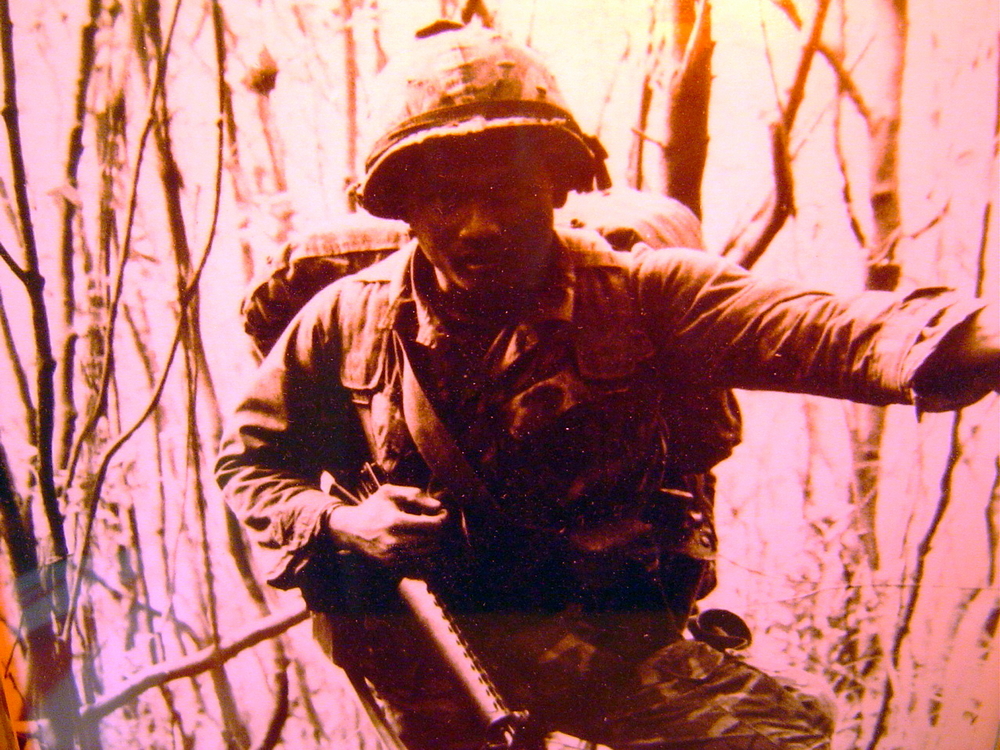
Infantry, Reconnaissance, Aviation. I came up through the ranks achieving the rank of Staff Sergeant. I applied for the old Enlisted Commissioning Program (ECP only required 30 semester hours back then) and was selected after graduating from the 128th Officer Candidate Class (128th OCC); I was commissioned a 2ndLt and went on to The Basic School (TBS). As the Honor Graduate of my TBS company (Echo 5-85), I was asked by the Company Commander if I wanted to become a pilot; I figured why not, and the rest is history. My original intention had been to go to the Grunts and then hopefully back into Recon.
What still continues to amaze me are all of the many opportunities that were afforded to me and, even more so, the awesome experiences that were the result of those choices, from a raw Recruit on the Yellow Footprints to a High-Speed Low Drag Recon Operator who came out of submarines and jumped out of airplanes, to actually piloting aircraft, and flying the President of the United States, from Private to Lieutenant Colonel. I often wonder what my life would have been like had I not enlisted in the Marines, and I certainly would not have had all of these wide-ranging experiences and lifelong friendships.
If you participated in any military operations, including combat, humanitarian and peacekeeping operations, please describe those which made a lasting impact on you and, if life-changing, in what way?
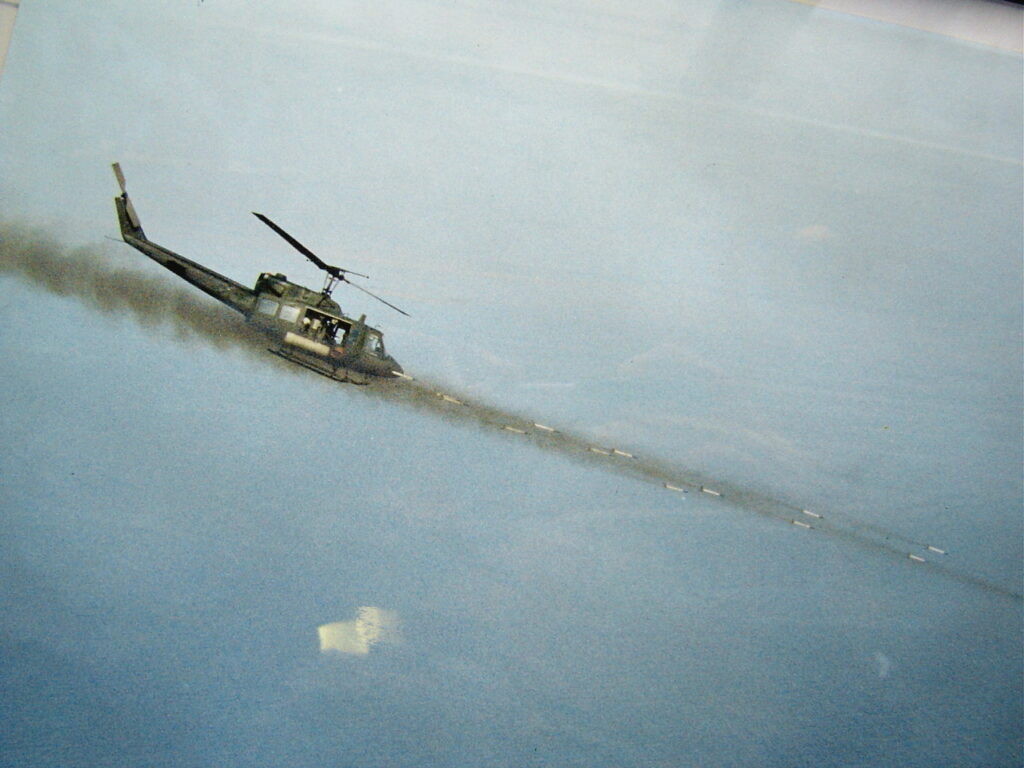
Yes
MNF Lebanon
Operation Desert Shield
Operation Desert Storm
Operation Southern Watch
Operation Iraqi Freedom
Operation Enduring Freedom – Philippines
Operation New Dawn – Iraq
All were significant to me. Anytime you get shot at, it is WORLD WAR THREE! What might be considered a ‘minor’ engagement to the Joint Chiefs of Staff or the media is extremely significant to the guy on the ground or in the air. And even when no rounds are exchanged, the mere possibility placed enormous psychological stress on your mental system in the anticipation alone. It really hits you when you step off the plane in a theater of operations and realize that you could very well die here. My thoughts the very first time I ever got shot at in combat were, “Why is he shooting at me? I’m a pretty nice guy, aren’t I?”
When the flight schedule for the next day’s combat sorties was published, and you saw your name was penned in for one of the flights, the dread began. Quickly I would write what was certainly going to be my last letter home to the family, but never would I let on to them that this was the last one, never would I mention what I feared the most, that I would never see them ever again. No, I would just offer that I missed and loved them so much and couldn’t wait to get home to them. I never told them what I did, they knew, but still, it was left unspoken. The pre-flight brief was a formality that usually ended with, “we’ll find out what our real mission is when we check in with DASC.” Followed by drawing our survival equipment from ALSS, including our bullet bouncers or “chicken plates,” then a swing through Maintenance Control to sign for the aircraft with Sgt Guido Colesanti’s usual jovial self trying to motivate the aircrews with, “Go kick some ass, Sir!” and I would respond with my usual retort, “Guido, you wouldn’t be saying that shit if you were coming with me.” Then reluctantly out onto the flight line, slowly dragging all my gear to my plane on what I knew to be my last moments on earth. Dead Man Walking. The Marines working on the planes would stop what they were doing to turn and watch the aircrews and cheer us on with, “Get some, Sir!” or “Kick their asses!” I’d always give each Marine a small wave and what had to be an obviously weak smile; in my mind, my thoughts were dark with what each would be saying later, “I saw Mooch the day he got shot down and killed; he smiled at me.” I always knew, just accepted, that these were my final earthly moments. But still, I went and launched, knowing full well the inevitability that waited for me downrange. I feared death, but much worse, I didn’t want to be thought of as being a coward, and most of all, I could not let my fellow Marines down, especially those guys on the ground. These thoughts tore at me as we raced through the air into the fight; I wanted to live, to breathe, to go home alive, but my sense of duty drove me forward.
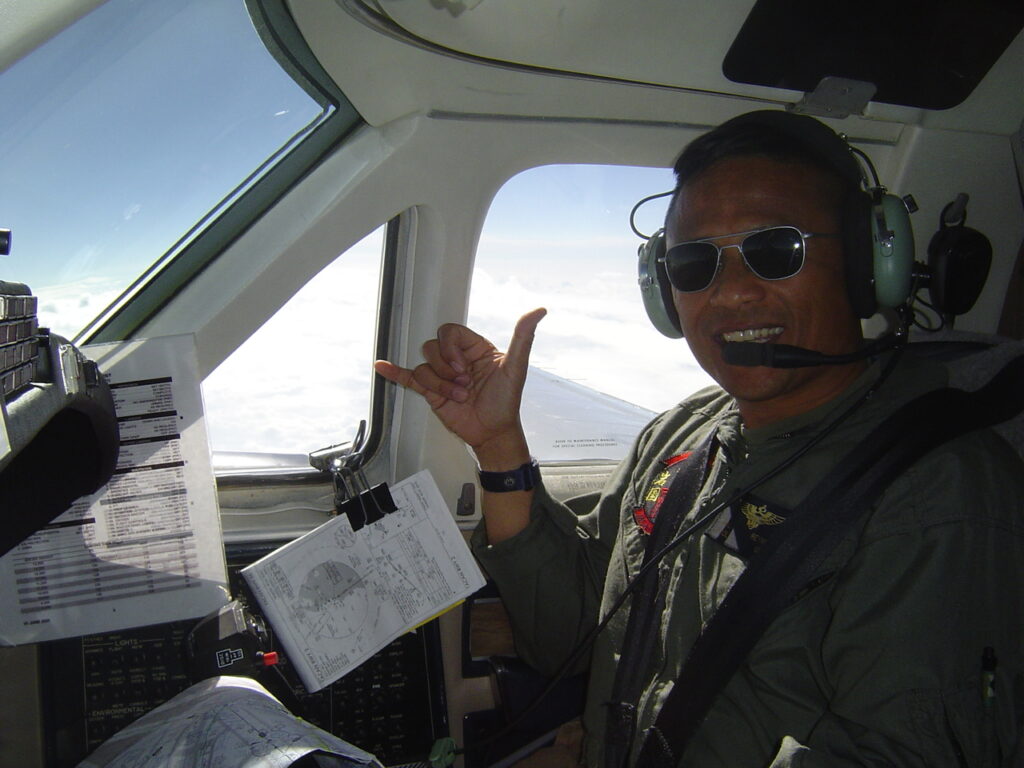
Before my first combat, before I saw the “Elephant,” I often wondered what it would be like to kill another human being. Would I be able to pull the trigger, to prosecute a target, to end the life of someone who had been designated an enemy by our politicians? During peacetime training, killing would appear to be something quite straightforward, a simple matter of sight alignment, sight picture, breathe, relax, aim, squeeze… or as a pilot on airspeed, on altitude, ball in, gun sight reticle aligned, Master Arm – On… FIRE! And the endless repetitious training, to the point where we could do battle drills: fire and maneuver, CQB, or diving rocket attacks, in our sleep. The never-ending repetition had a purpose, and little then did we young Marines understand nor care why. We trained ad nauseam so that muscle memory would take over and our bodies could react without much thinking required, so that in combat, when or if your brain shut down, you just went on autopilot. But that’s not to say I did not think, and I did; even in the middle of an action, I thought a lot, intensely so, my mind racing along at a million miles a minute, perhaps a function of my body’s ability to physically do what it was trained to do, it left plenty of time for my thoughts to wander. Because time seems to slow way down when you’re scared and getting shot at, all my memories of combat are in slow motion, in tunnel vision, like looking through a fuzzy brown tube, and in that memory, everything that was bad is now in very close proximity to you, especially tracers and exploding munitions, and the unknown, dark, or smoke shrouded things or places become sinister or foreboding. I was conflicted; in my head, I imagined that I was a giant walking the earth, stomping on bugs till they popped and squishing the life juice out of them, only it was real people we were killing, and the juice was their blood. My mental picture was quite graphic, and I could even hear their bones cracking as I crunched them with my boots, on the bottoms of which they left their stains. One of the thoughts that often went through my mind was that whoever it was we were trying to kill were just like us, who not too long ago was some mother’s baby, who was loved and was raised with high hopes, and now he was going to die because of me. The other thought was that I would know well before that mother that her son was now dead. Don’t get me wrong, and I never hesitated because the next thought immediately following those were that this kid was obviously raised all fucked up and deserved to die; otherwise, he wouldn’t be shooting at me, so fuck him! These fleeting reflections and so many more were there, along with all my fears, my prayers, my family, and an extreme desire to live. So many conflicts rushing through my brain, housing group at warp speed during very intense periods of emotional strain while the muscle memory propelled my body into action.
From your entire military service, describe any memories you still reflect back on to this day.
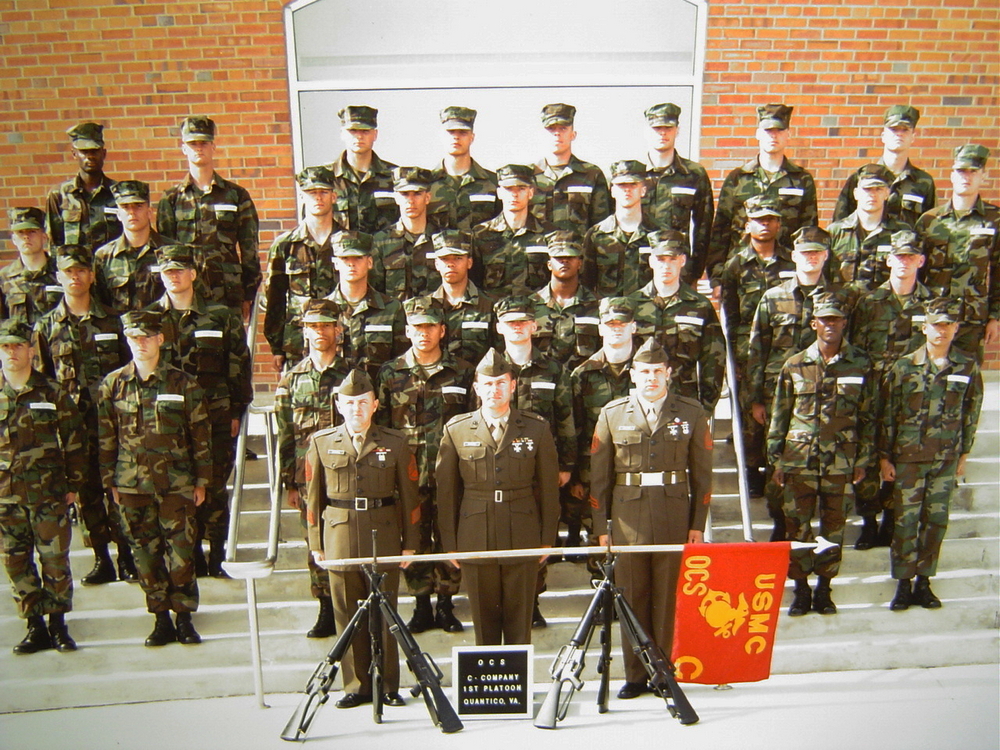
Where it all began – Boot Camp, Marine Corps Recruit Depot, San Diego. Platoon 1018, Series 1017, Bravo Company, 1st Recruit Training Battalion. Those 13 weeks changed me forever; everything that was beaten into me in Boot Camp I carried with me throughout my 34-year career.
What professional achievements are you most proud of from your military career?
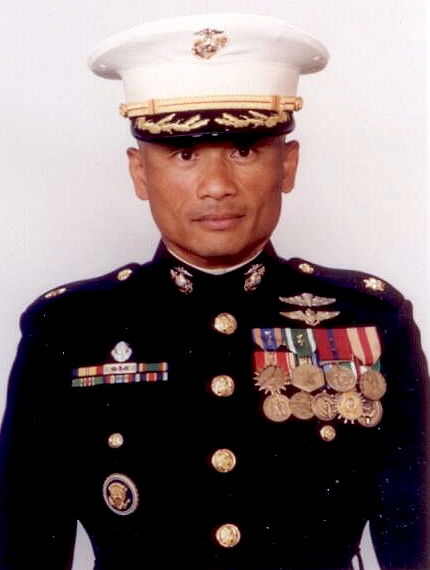
– Single Mission Air Medal with Combat Distinguishing Device as a Pilot flying under direct hostile fire while providing close-in-fire support to 1/5 (TF Ripper).
– Single Mission Air Medal with Combat Distinguishing Device while flying as Pilot providing close-in-fire support and performing Forward Air Controller – Airborne (FACA) duties under direct hostile fire in support of 1stMarDiv.
– Navy Commendation Medal with Combat Distinguishing Device for service as a Pilot performing FAC(A) duty under direct hostile fire in support of C Co 2nd LAI (TF Troy).
Of all the medals, awards, formal presentations and qualification badges you received, or other memorabilia, which one is the most meaningful to you and why?
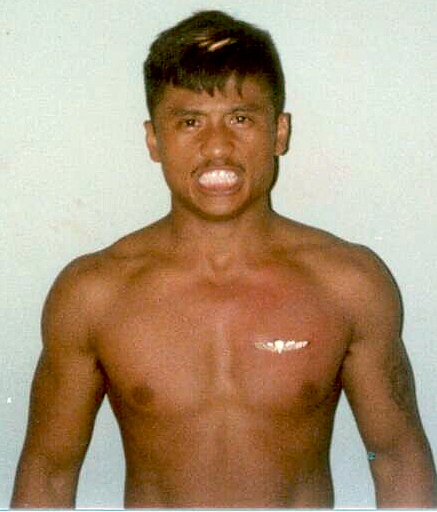
The Combat Action Ribbon. As a Navy brat growing up, I recognized the CAR and understood its significance.
My 3 Good Conduct Medals which immediately identified me as a Mustang. I’m so very proud to have come up through the ranks.
Finally, my Navy/Marine Corps Parachute Insignia, my first Wings of Gold. I earned them the old-fashioned way – I paid for them with my blood during my “Blood Wing” Ceremony before the ritual was determined to be hazing and banned as being politically incorrect.
Which individual(s) from your time in the military stand out as having the most positive impact on you and why?
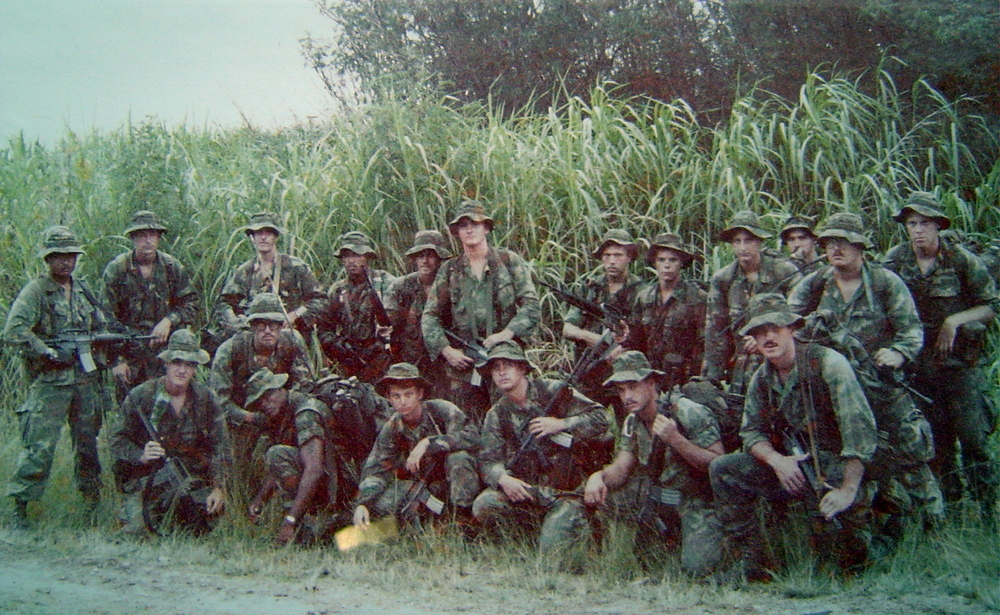
There were so many leaders, mentors, and peers along the way who influenced my career and led me to the choices I made and, ultimately, my leadership style. I cannot hope to single one out nor to name them all. They know who they are. Thank you all.
Can you recount a particular incident from your service, which may or may not have been funny at the time, but still makes you laugh?
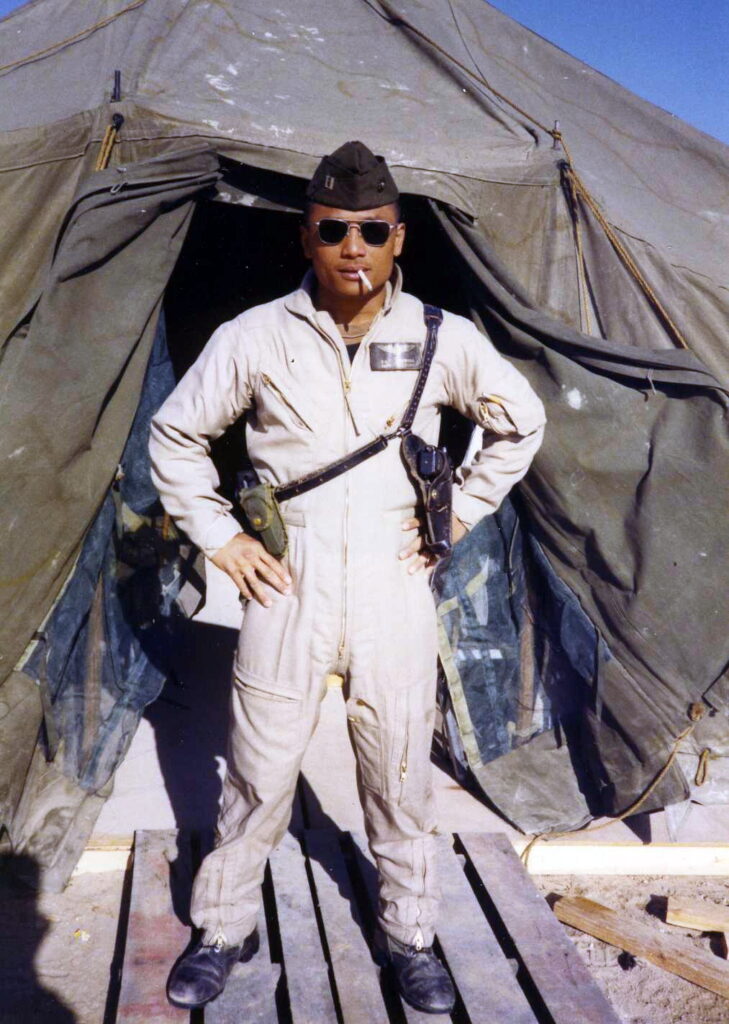
The night during Desert Storm when the call came to launch aircraft against a ground assault taking place at Ras Al Ghar. I was not on the flight schedule that evening and had been sitting in the Ready Room reading a book and minding my own business when I noticed a flurry of activity amongst the squadron’s Field Grade Officers. Our Commanding Officer, who shall remain nameless, saw me and told me, “Mooch, go pre-flight an airplane!” I stupidly ask, “What for, Sir?” His response, “Just F#Kn GO!” To which I respond, “Which plane, Sir?” His retort, “Just pick one! And bring your Bullet Bouncer!”
So it’s with dread that I go out onto the flight line because not only am I headed downrange to get shot at, but I also have to fly with an absolute madman; the potential for intercockpit fratricide – HIGH. I’m asking guys along the way what was going on and was getting no answers. A section of aircraft had recently returned from a mission and had shut down, freshly refueled and still armed, and parked on a spot. So I, along with several of the Plane Captains, began a detailed but hurried pre-flight of one of them. Not 5 minutes later, out comes the Skipper, out of breath, “Not this one, I want that one!” he yells, pointing to one of the planes that was still stuffed in the “slash” and had not been flown that day.” But Sir. . .” to no avail, we scratch our heads because it made no sense.
So the Flight-Line Mechanics are now frantically attaching the tug onto the aircraft while the Ordies are throwing guns, ammo, and rockets onto a cold bird. This takes time, and the Skipper is screaming, “Hurry the f#ck up, we gotta get going!” As they towed the plane swiftly out of the slash and onto the ramp, the plane captains and I began another detailed aircraft pre-flight. The Skipper is watching and fuming, “Slow-The-F#ck Down!” he shrieks. The tug crew slows the pace, as do we who are pre-flighting. Not 15 seconds later comes, “Hurry the f#ck up!” So the pace again quickens, followed not 15 seconds later by, “Slow the f#ck down!”
By now, we are all wondering, “WTF over?” Did I mention that at this point, our Dash 2 Wingman had already manned up and spun one of the planes that had recently returned and was at ground idle, patiently waiting for the Skipper and me to get ourselves unf#cked? The noise of Dash 2’s aircraft adding to the urgency and confusion. Of course, Skipper’s desire in the pace of movement changes several more times as he commands and countermands himself before the aircraft is finally on the line where it can be launched. “Hurry the f#ck up!”
Oh, did I forget to mention that all this confusing commotion was occurring in the dark on an unlit airfield? So now I continue with my pre-flight, invigorated by the Skipper’s latest epileptic episode to go faster, swiftly opening the #2 engine cowling door, swinging it out with violent purpose to shine my flashlight on the components when I hear a sickening dull thud and feel the sharp corner of the cowling door hit flesh followed by a muffled cry. Worried that I may have taken out one of our hard-charging mechs, I shine my flashlight on the hapless victim only to see the Skipper instead! “Oh, SHIITE!” I cringe in fear. Bent over and now clutching his upper right forehead in his big paws, the Skipper, in a voice dripping with pure exasperation, says, “Mooch, just check for the BIG pieces!” Slowly I closed the #2 engine cowling, secured it, stepped back from the plane, and saw that all the “big pieces” were indeed in place: fuselage, main rotor, tail rotor, ordnance, and sarcastically announced, “The plane is ready, Sir.” He says, “Get in.”
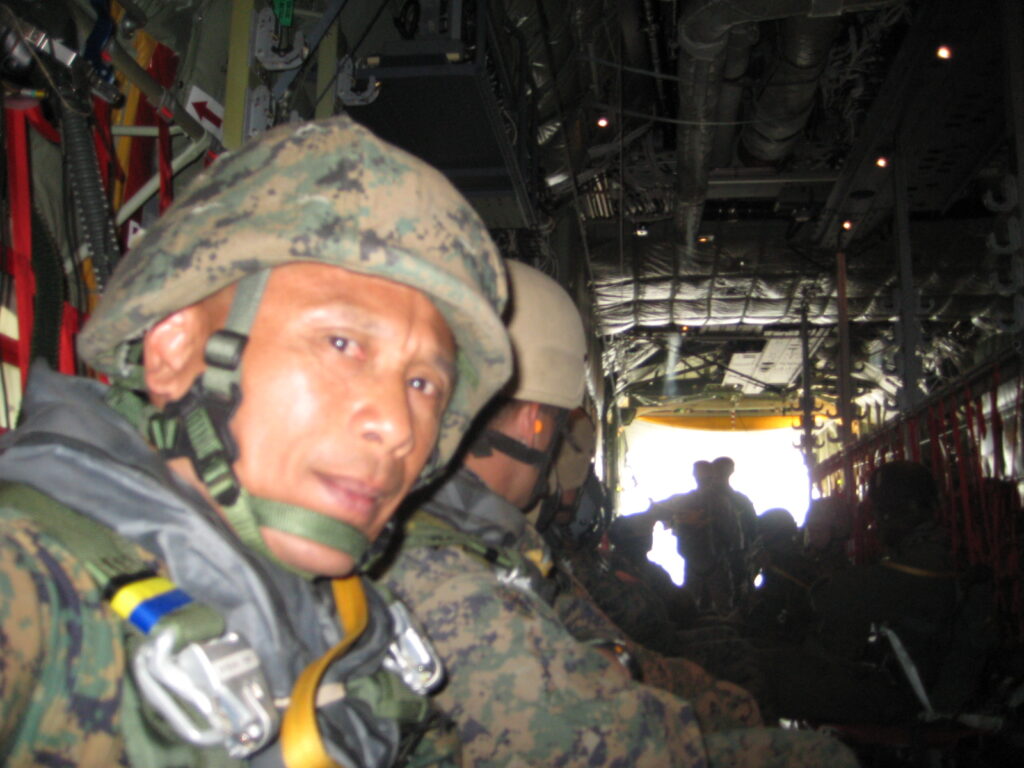
At this point, I notice that there is a No-Shiite Golf Ball Size Knot on his upper right forehead; it’s HUGE and has a little red puncture in its center, seeping blood. “Uh Sir, your forehead. . .” The Skipper can barely get his flight helmet on, and it sits cockeyed on his head. I hesitatingly ask, “Sir, are you okay?” praying that he’ll scrub himself off the mission and let me go with another copilot. “Mooch, nothing you do can keep me from flying,” he replies calmly, “Get in, let’s go.”
We did launch and flew in support that night (nothing funny there). When we got back a couple of hours later, after midnight, the big talk in the Ready Room was not the mission but what Mooch did to the Skipper. All the Junior Officers thought it was hilarious, with talk of jokingly putting the Skipper in for the Purple Heart and writing me up for a Silver Star for single-handedly taking out the Commanding Officer.
At the next AOM (All Officers Meeting), the Skipper had enough of a sense of humor to joke at length about my futile attempt to assassinate him. It still gives me a good chuckle to this day.
What profession did you follow after your military service and what are you doing now? if you are currently serving, what is your present occupational specialty?
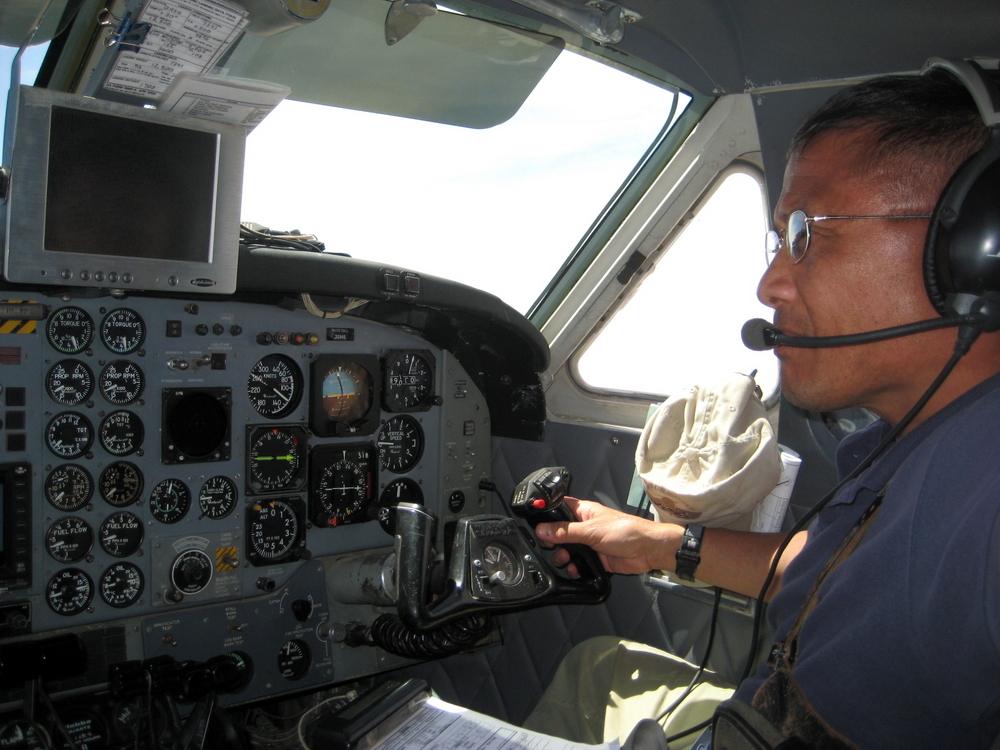
Aviation. I am presently a DOD Pilot involved in combat operations overseas flying fixed-wing ISR aircraft on RSTA (Reconnaissance, Surveillance, and Target Acquisition) missions in direct support of US and Coalition Forces.
What military associations are you a member of, if any? what specific benefits do you derive from your memberships?
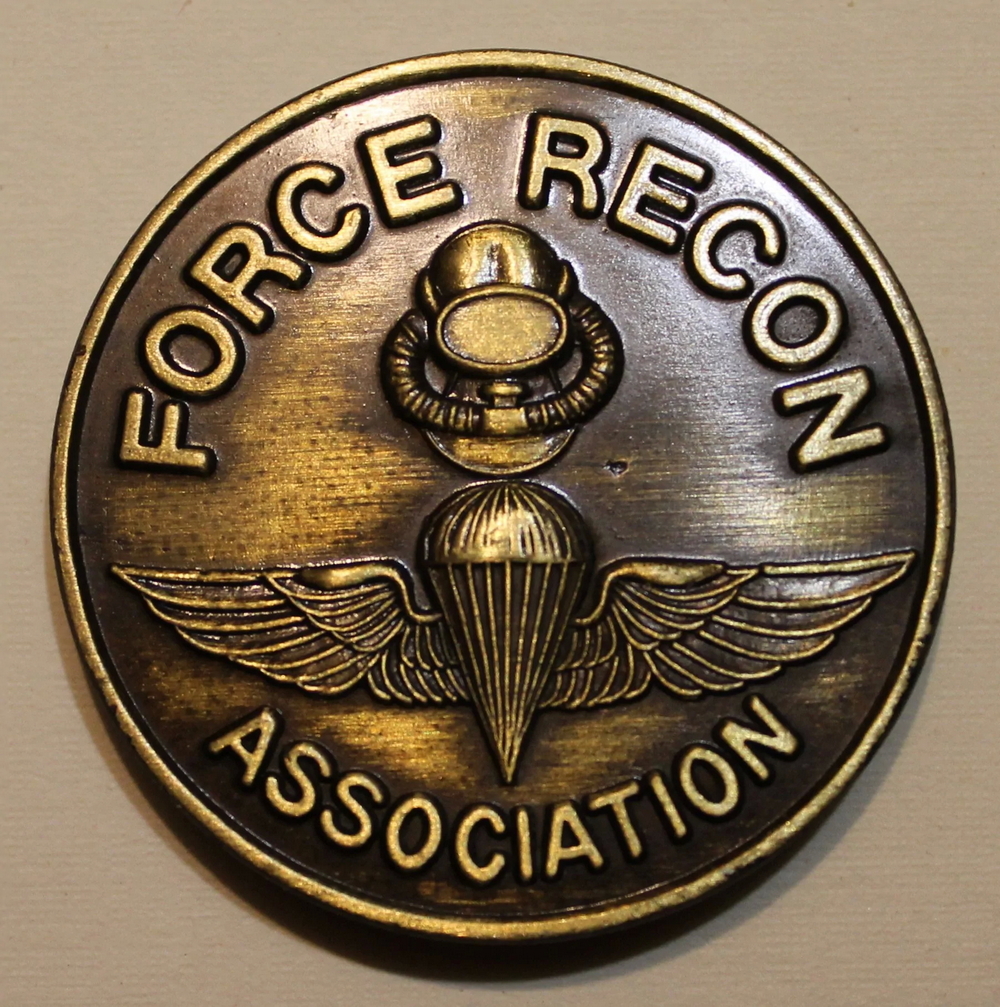
Force Recon Association.
Marine Corps Aviation Association.
Similar to TWS, for the camaraderie and remaining in touch with those who’ve shared similar experiences.
In what ways has serving in the military influenced the way you have approached your life and your career? What do you miss most about your time in the service?
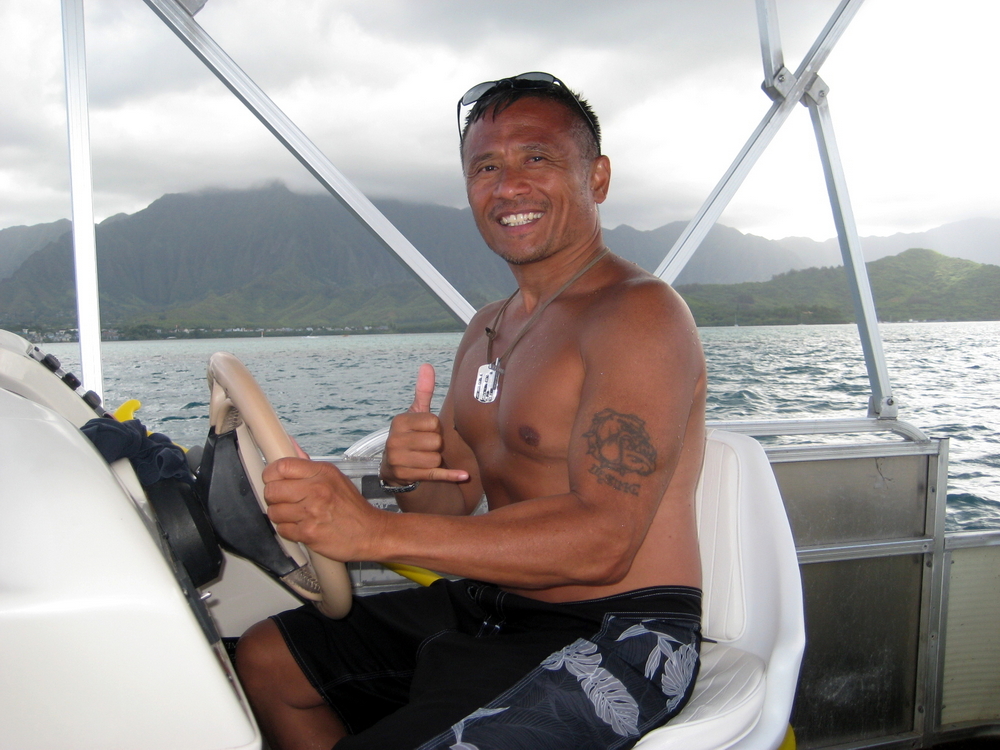
Having survived numerous close calls in countless combat actions, both on the ground and in the air, I’ve learned not to sweat the small stuff, to relish life, and enjoy family and friends. Whenever things aren’t going right and it just isn’t my day, I always remind myself that it could be worse, that I could be downrange on the two-way rifle range getting shot at. That alone puts everything into perspective for me.
Based on your own experiences, what advice would you give to those who have recently joined the Marine Corps?
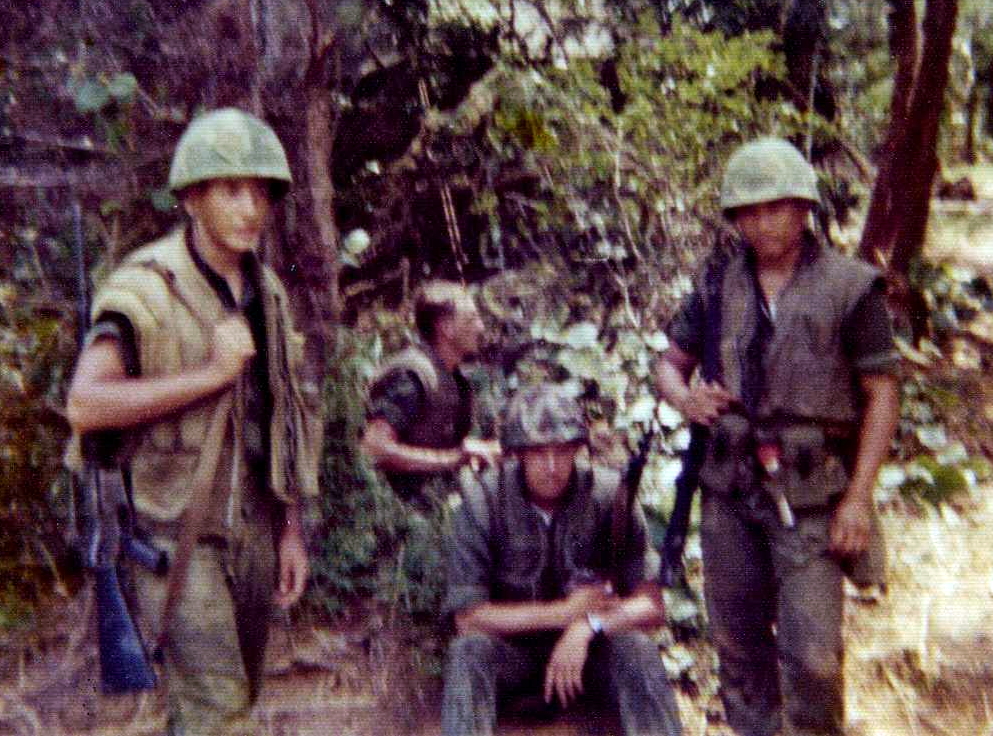
Enjoy your time in uniform, savor it. Even the bad experiences build character and make you stronger and wiser. You will miss that genuine camaraderie borne of shared hardship, misery, combat, and especially all the fun, the laughs, and the liberty when you muster out. And never ever complain about slow butt service on the two-way rifle range! SEMPER FIDELIS.
In what ways has togetherweserved.com helped you remember your military service and the friends you served with.
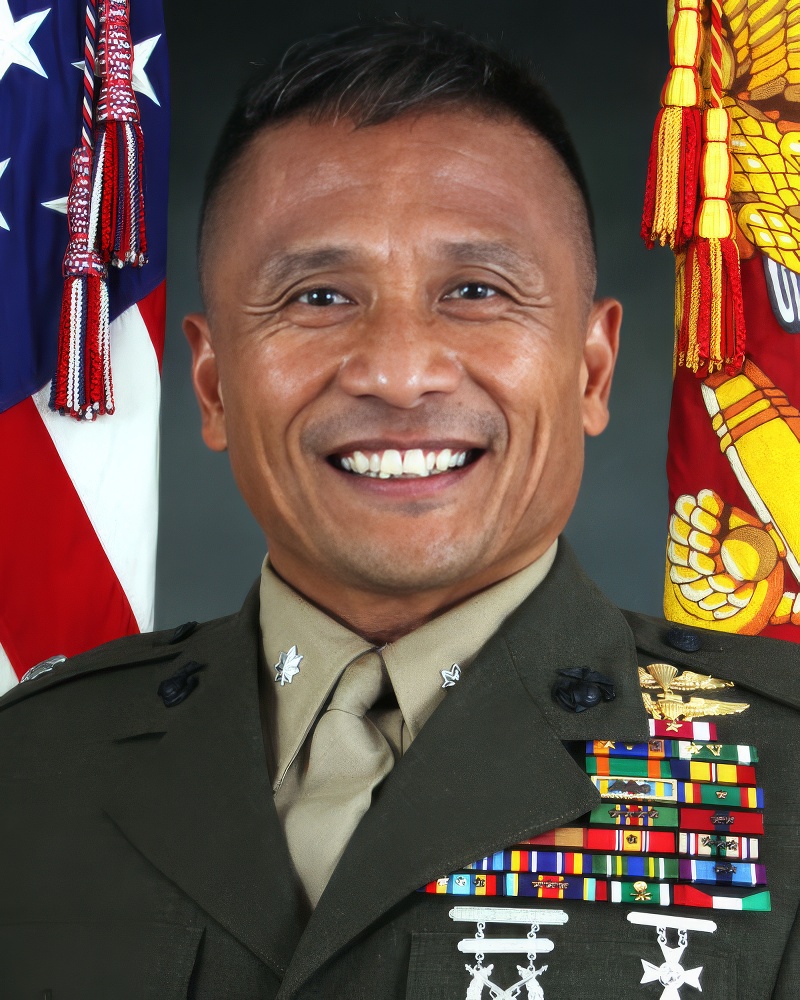
I’m stating the obvious, by allowing me to find shipmates who I haven’t seen or heard from in years. The outstanding cross-referencing work performed by TWS connects you with Marines and squadronmates who served in the same units during the same time period. Additionally, TWS provides a superb venue for posting my own unique and personal Marine history on a military-friendly website that I can share with family, friends, and my fellow Marines.
PRESERVE YOUR OWN SERVICE MEMORIES!
Boot Camp, Units, Combat Operations
Join Togetherweserved.com to Create a Legacy of Your Service
U.S. Marine Corps, U.S. Navy, U.S. Air Force, U.S. Army, U.S. Coast Guard

Good story Carl. I saved the OCS C Co pic (I didn’t have that). 3rd row back (not counting the staff row), 4th from left.
Carry on, Marine.